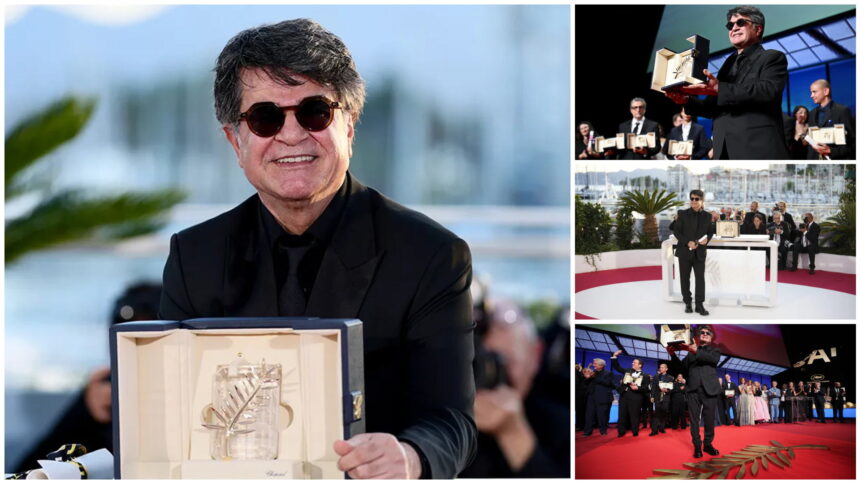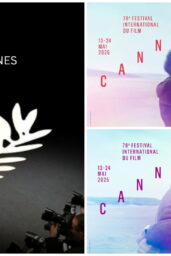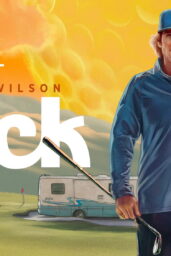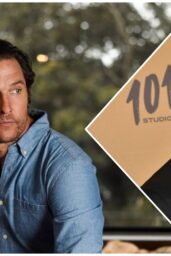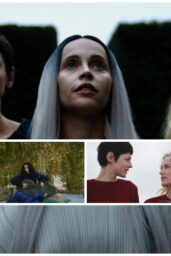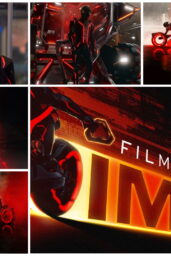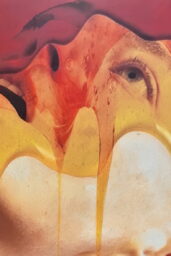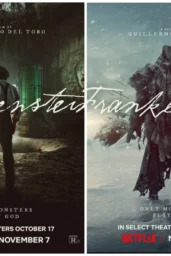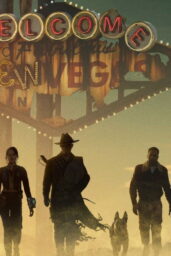The Award-Winning Risk: “Un Simple Accident” Takes Top Cannes Prize—And Critics Are Split
It was the kind of ending Hollywood dreams of—sunglasses, tears, a standing ovation. Jafar Panahi, the once-banned Iranian director, stood in the Grand Lumière Theater to accept the Palme d'Or for Un Simple Accident. The film, a tense, tightly wound story about a revenge-kidnapping by former prisoners, was shot clandestinely after Panahi fled imprisonment and censorship in Iran. Cannes erupted in applause. Twitter did too. But soon after, a different kind of reaction began to ripple across critic circles and cinephile timelines—confusion, even frustration. Did Un Simple Accident win because of its artistry… or its backstory?
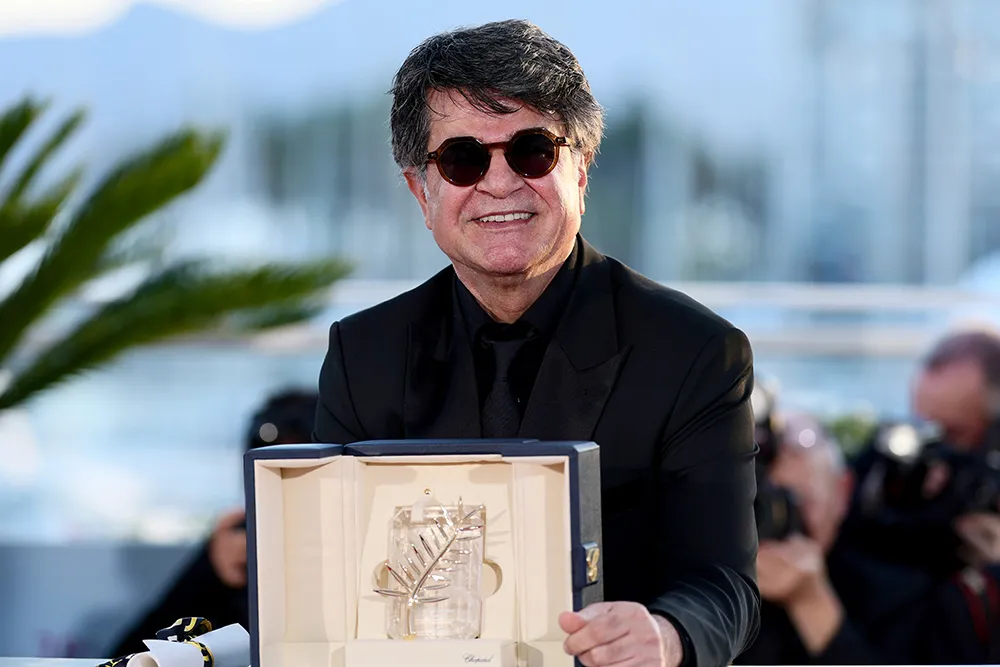
A Political Victory in the Spotlight
Let's not sugarcoat it: this was a political win, and everyone at Cannes knew it. Juliette Binoche, the head of the 2025 jury, was clear about her vote—it was a nod to Panahi's resilience, his defiance of tyranny, his fight for free expression. That narrative is powerful. Almost too powerful. Because while Un Simple Accident tells a resonant story—shaped by Panahi's real-life pain and peril—it's also not his strongest work. Not by a long shot, according to many critics.
The White Balloon? A masterstroke of childhood nuance. This Is Not a Film? Raw, revolutionary. But Un Simple Accident? “Earnest, brave, but narratively uneven,” as one Cannes insider whispered in line for espresso. Others called it “the right film from the right director—but at the wrong time.”
When Cannes Gets Political—Again
This isn't the first time Cannes has chosen message over merit. Spike Lee's jury in 2021 awarded Titane, a genre-defying body-horror film, sparking both praise and puzzlement. In 2013, Blue is the Warmest Color won amid whispers of production chaos and controversial sex scenes—but its emotional core still dazzled. And who could forget Michael Moore's 2004 Palme win for Fahrenheit 9/11? Artistic line-blurring has long been part of Cannes' DNA.
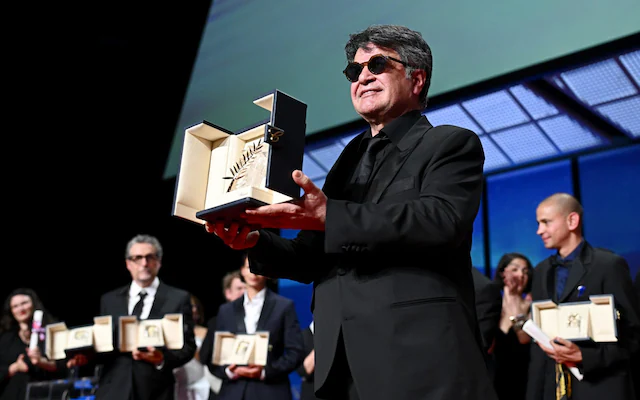
But what makes 2025 feel different is that the entire narrative of the festival—overshadowed by geopolitical tension and a threatened 100% U.S. tariff on foreign films—was already charged with ideological energy. By the time Panahi walked on stage, it felt inevitable, almost scripted.
The One That Should've Won? Trier's “Sentimental Value”
Let's talk about the heartbreak: Sentimental Value, Joachim Trier's luminous family drama, was the critics' darling. A film about memory, estrangement, and the strange way time both heals and haunts. Stellan Skarsgård and Renate Reinsve were sublime. The cinematography? Like nostalgia made visible. And Trier? Poised, restrained, exacting.
Many believed this was his Palme to lose. Turns out, he did. Though the Grand Prix (runner-up) is a prestigious nod, it's like giving Van Gogh a “Best Effort” ribbon. Trier smiled, applauded, but the subtext was clear: this wasn't the win anyone hoped for.
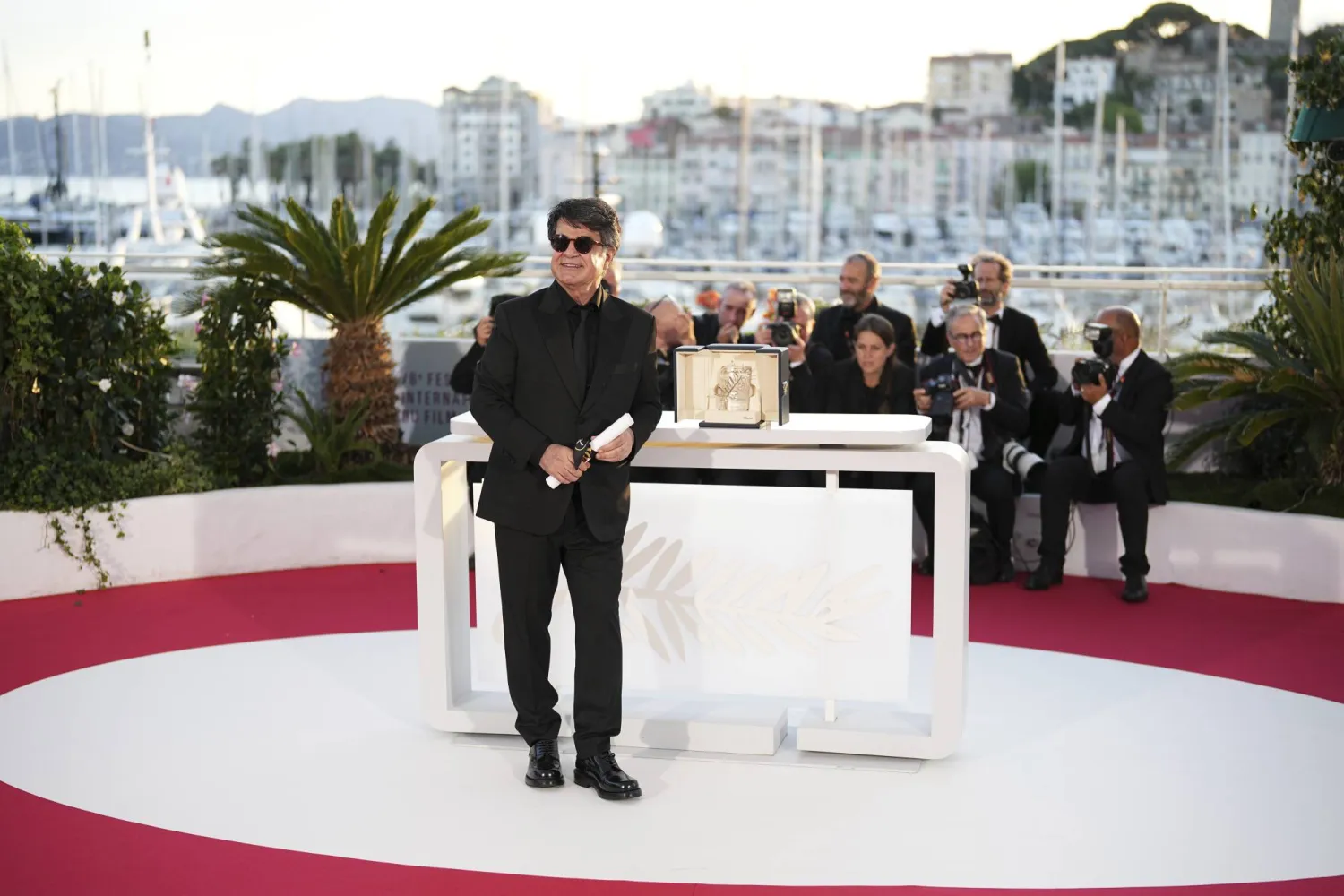
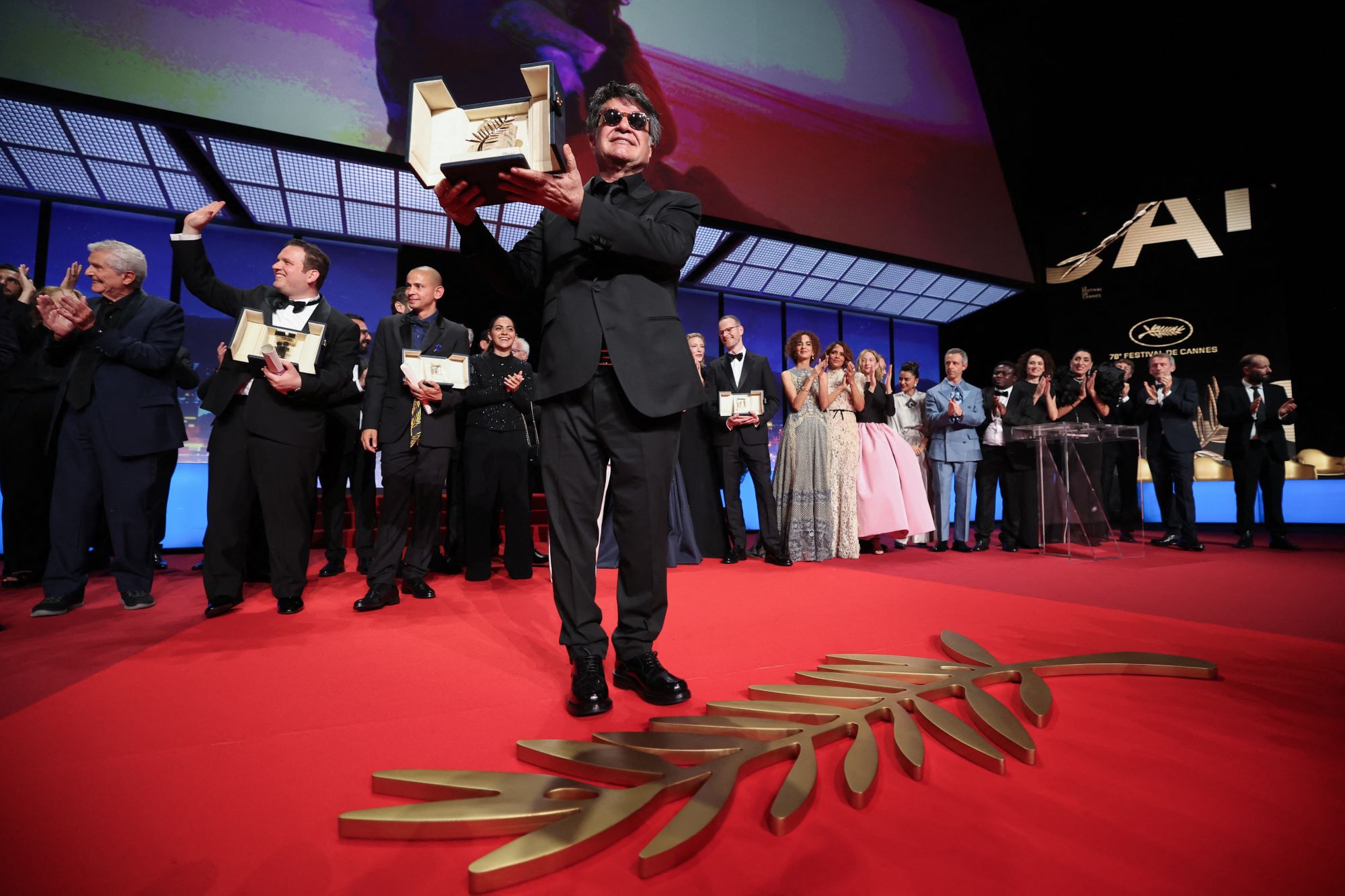
Split Jury, Split Audience
There's something deliciously chaotic about Cannes juries. This year's included Indian visionary Payal Kapadia, American actor Jeremy Strong, and a host of global auteurs. That's diversity—but it's also division. Word on the Croisette is that Trier was leading until Binoche swayed votes in favor of Panahi. A gesture of solidarity, yes. But was it fair?
It raises the eternal question: Should awards honor the art—or the artist's journey? This year, Cannes said: why not both?
Genius or Just Good Timing?
Panahi's film may not break cinematic ground, but it carries the weight of real history. It's documentary-adjacent fiction, where the trauma is real even if the story isn't. That kind of storytelling hits harder than ever in a world saturated by performative empathy and algorithmic content. Un Simple Accident didn't just win—it proved that cinema can still feel dangerous.
But maybe the film's biggest triumph is what it represents: cinema as defiance. A film born in exile, smuggled across borders, watched under chandeliers by the world's elite. It's both protest and performance.
Now, Pick a Side
So here we are: Un Simple Accident is your 2025 Palme d'Or winner. Love it? Applaud the courage. Hate it? Mourn the missed chance to elevate quieter brilliance.
Would you have voted for it—or burned your ballot? No judgment. (…Okay, some judgment.)
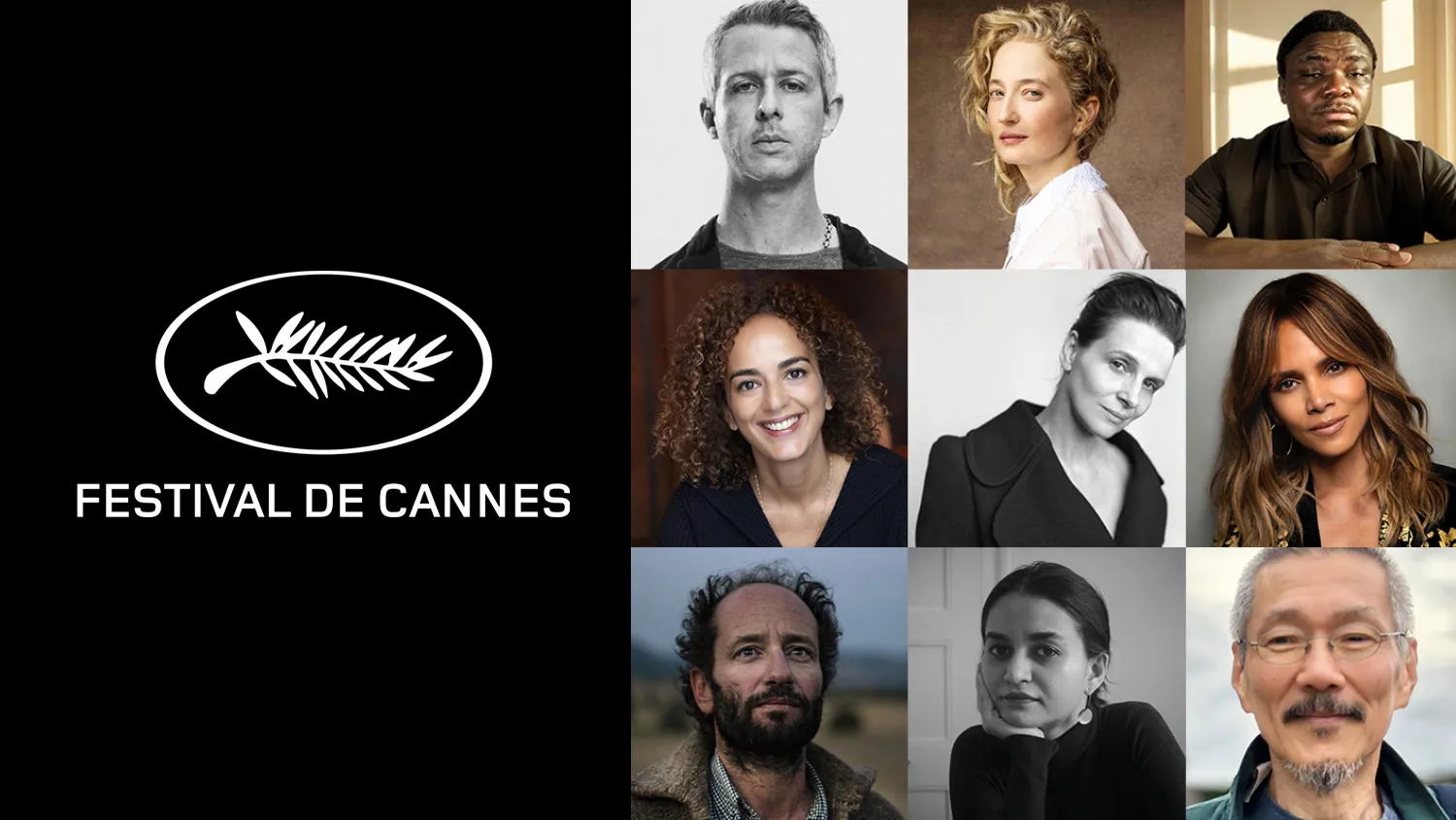
Here's the full list of winners from the 2025 Cannes Film Festival:
MAIN COMPETITION (PALMES & PRIZES)
🏆 Palme d'Or (Golden Palm):
Un Simple Accident (It Was Just an Accident) – Dir. Jafar Panahi (Iran)
🥈 Grand Prix (Runner-Up):
Sentimental Value – Dir. Joachim Trier (Norway)
🥉 Jury Prize (Tie):
Sirât – Dir. Oliver Laxe (France/Spain)
Sound of Falling – Dir. Mascha Schilinski (Germany)
🎬 Best Director:
Kleber Mendonça Filho – The Secret Agent (O Agente Secreto) (Brazil)
✍️ Best Screenplay:
Jean-Pierre & Luc Dardenne – Young Mothers (Jeunes Mères) (Belgium)
🌟 Best Actress:
Nadia Melliti – The Little Sister (Dir. Hafsia Herzi, France)
🌟 Best Actor:
Wagner Moura – The Secret Agent (Brazil)
✨ Special Award:
Bi Gan – Resurrection (China)
UN CERTAIN REGARD
🏆 Un Certain Regard Prize:
The Mysterious Gaze of the Flamingo – Dir. Diego Céspedes
🥈 Jury Prize:
A Poet (Un Poeta) – Dir. Simón Mesa Soto
🎬 Best Director:
Arab & Tarzan Nasser – Once Upon a Time in Gaza
🌟 Best Actress:
Cléo Diára – I Only Rest in the Storm (O Riso e a Faca)
🌟 Best Actor:
Frank Dillane – Urchin
✍️ Best Screenplay:
Pillion – Dir. Harry Lighton
OTHER AWARDS
🎥 Camera d'Or (Best First Film):
The President's Cake – Dir. Hasan Hadi (Iraq)
🏅 Special Mention (Camera d'Or):
My Father's Shadow – Dir. Akinola Davies Jr. (Nigeria)

